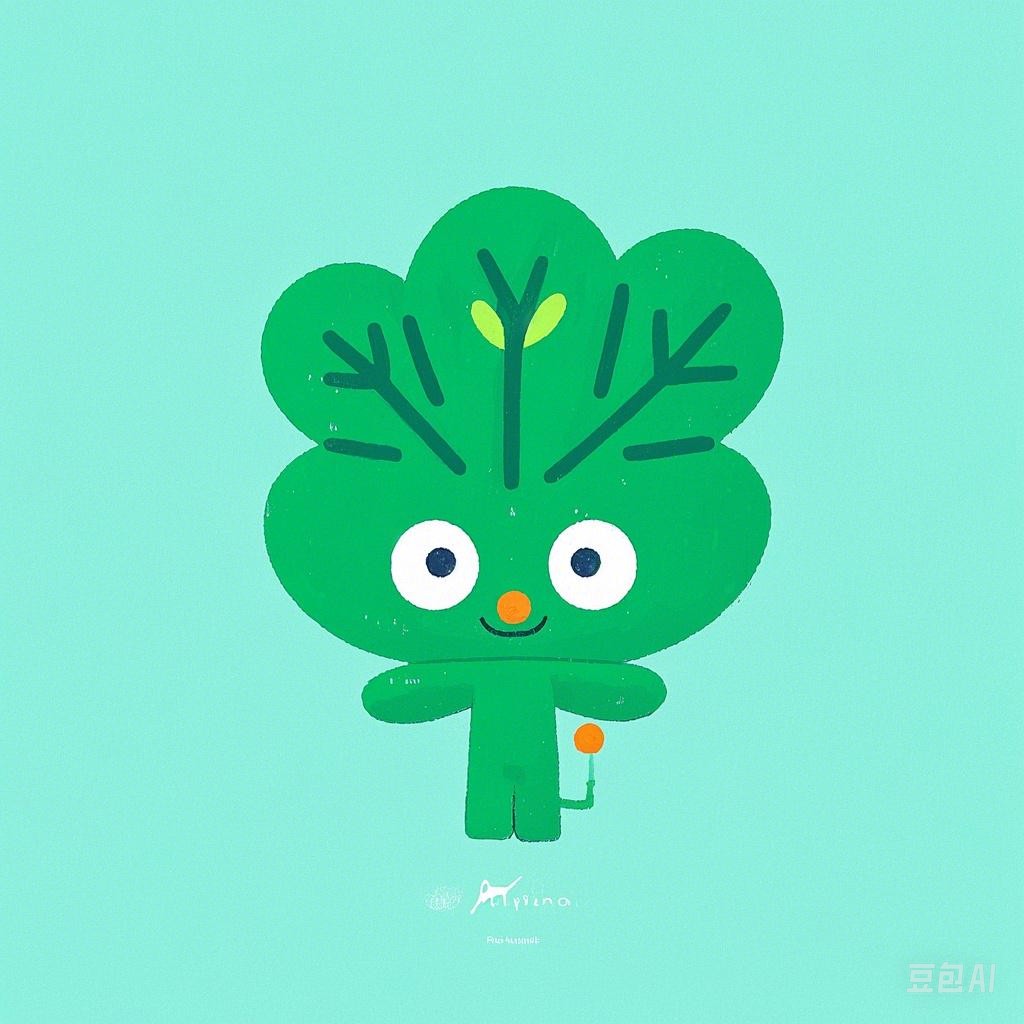The Importance of Environmental Education for Preschoolers
In an era where climate change and environmental degradation pose significant challenges, it is crucial to instill a sense of environmental stewardship from an early age. Preschoolers, with their innate curiosity and absorbent minds, are ideal candidates for learning about the natural world and the importance of sustainability. This article aims to explore creative English eco-civilization lessons designed specifically for preschoolers, aiming to unlock nature’s wisdom and foster a love for the environment.
Lesson 1: The ABCs of Ecosystems
Objective
To introduce preschoolers to the basic concepts of ecosystems and the importance of biodiversity.
Materials
- A large poster board
- Colored markers
- Images of different animals, plants, and natural elements
Procedure
- Introduction: Start by explaining what an ecosystem is, using simple language and examples relevant to the children’s daily lives.
- Activity: Ask the children to help you create a poster of an ecosystem. Use the images to illustrate various components, such as the sun, soil, water, plants, and animals.
- Discussion: Encourage the children to talk about the relationships between the different elements of the ecosystem, emphasizing the interconnectedness of all living things.
Lesson 2: The Power of Plants
Objective
To teach preschoolers about the importance of plants and how they contribute to the environment.
Materials
- Seedlings or small plants
- Containers or pots
- Labels
- Soil
Procedure
- Introduction: Explain that plants are essential for life on Earth, providing food, oxygen, and shelter for animals, including humans.
- Activity: Divide the children into groups and give each group a seedling or small plant. Have them plant their plants in containers and label them.
- Observation: Ask the children to observe their plants daily and record their growth. Discuss the process of photosynthesis and how plants convert sunlight into energy.
Lesson 3: The Circle of Life
Objective
To introduce the concept of the food chain and the cycle of life to preschoolers.
Materials
- Large pieces of paper
- Markers
- Images of animals and plants
- String or yarn
Procedure
- Introduction: Explain the concept of the food chain, using simple language and examples.
- Activity: Create a large circle of life poster with the children. Use the images to represent different animals and plants, and connect them with strings or yarn to illustrate the food chain.
- Discussion: Encourage the children to discuss the relationships between the different organisms and the importance of maintaining balance in the ecosystem.
Lesson 4: Waste Not, Want Not
Objective
To teach preschoolers about waste reduction and the importance of recycling.
Materials
- Colored paper
- Scissors
- Glue
- Recycled materials (e.g., plastic bottles, paper, cardboard)
Procedure
- Introduction: Explain the concept of waste and the environmental impact of not recycling.
- Activity: Have the children create art projects using recycled materials, emphasizing the value of reusing and repurposing items.
- Discussion: Discuss the benefits of recycling and the importance of reducing waste in daily life.
Conclusion
By incorporating these creative English eco-civilization lessons into the curriculum for preschoolers, educators can help unlock nature’s wisdom and foster a sense of environmental responsibility. Through hands-on activities and engaging discussions, preschoolers can develop a deep appreciation for the natural world and become the stewards of tomorrow’s eco-civilization.
